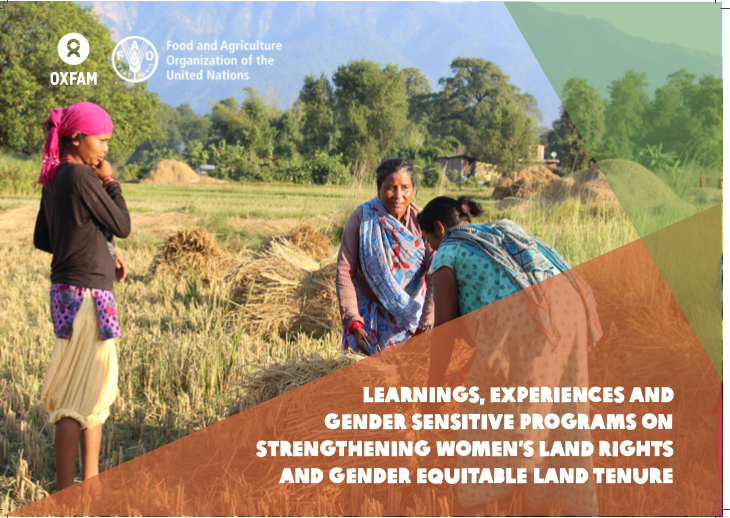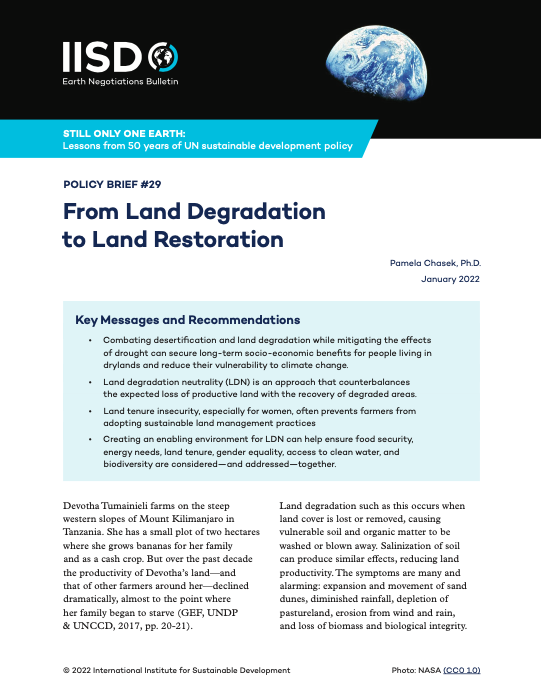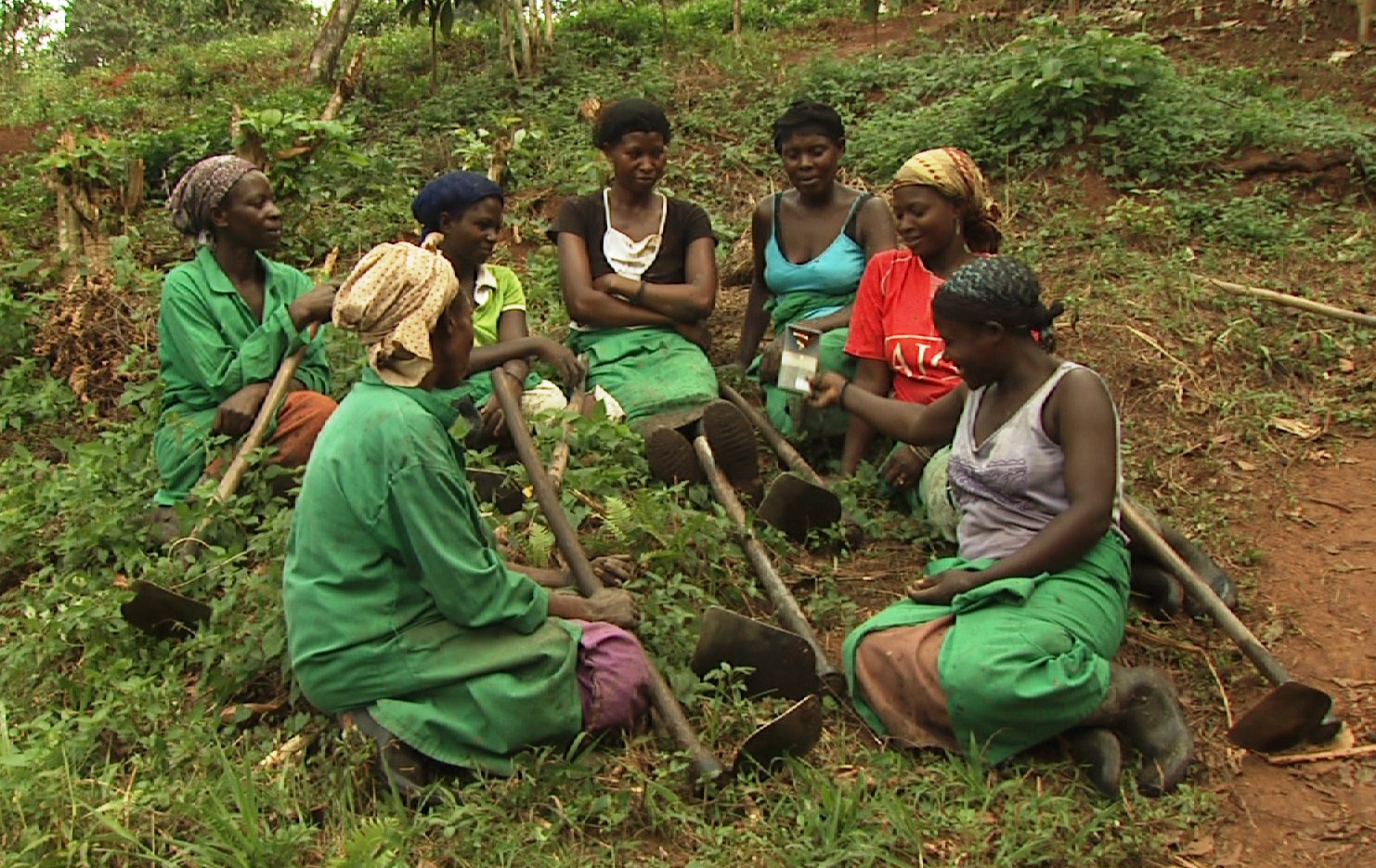PATTERNS OF TENURE INSECURITY IN GUYANA
As of 1998, the land tenure situation along Guyana's coast was marked by disarray and insecurity. Renewed interest in land following the economic and political liberalization of the early 1990s spawned land conflicts and exacerbated their severity. This paper, based on fieldwork conducted in 1997-8, explores aspects of this situation, drawing extensively on case-study material. Attention is drawn to the impact on land tenure dynamics of several unique aspects of Guyana's development history, particularly, the country's phased development inward from the coast.









